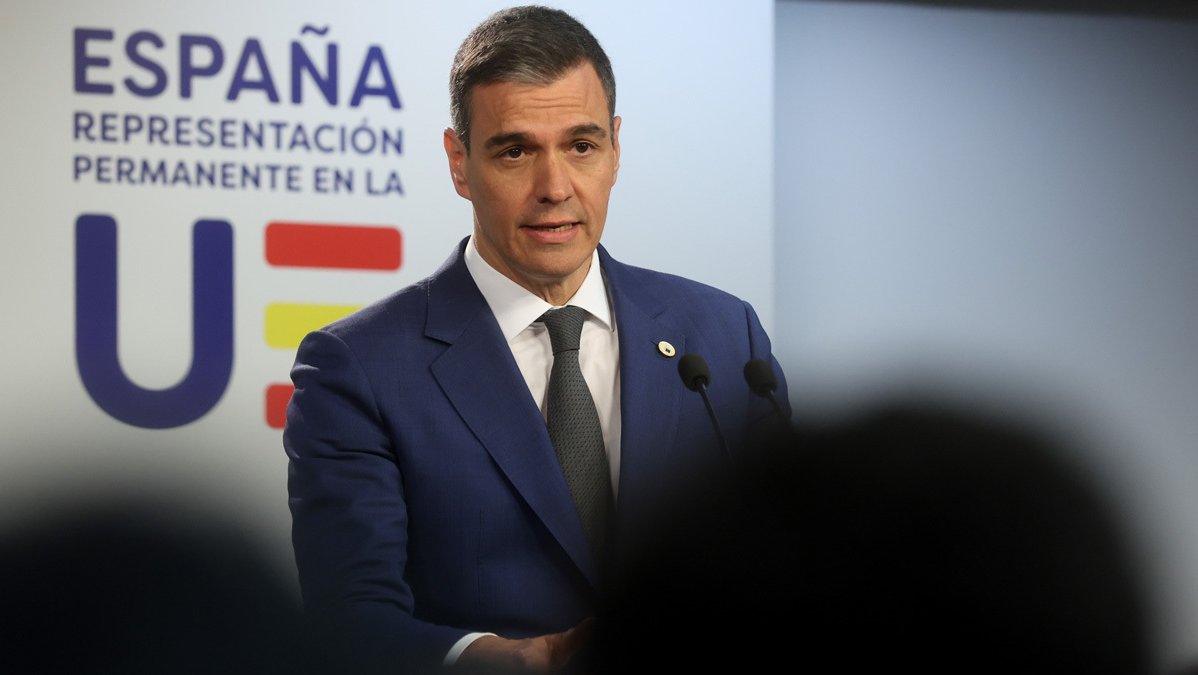As one group of hardliners in Iran is purging rivals from the March parliamentary elections, former president Mahmoud Ahmadinejad also finds himself at odds with them.
The former governor-general of Tehran Province, a key figure in Ahmadinejad’s camp, has emphasized the former president’s divergences with the ultraconservative Paydari Party and its affiliated group, the Strategic Network of Friends of the Revolution, more commonly known by its Persian acronym SHARIAN.
Morteza Tamaddon has maintained that, in contrast to Paydari, a totalitarian ultraconservative group, Ahmadinejad relies on the support of the masses. He added that Ahmadinejad's actions are inspired by the demands of the people.
Although Ahmadinejad came to power in 2005 thanks to support from Abadgaran, which later became the backbone of what is known today as Paydari, he never admitted that he was close to the party. However, nearly all of his aides and cabinet ministers during his presidency (2005 to 2013) were Paydari's members and leaders.
However, after Ahmadinejad fell out with Supreme Leader Ali Khamenei, Paydari distanced itself from the populist president. Between 2016 and 2022 Ahmadinejad was politically active and extremely vocal against Khamenei and the ruling hardliners around him. During that period, Ahmadinejad even criticized entities operating under the aegis of Khamenei's office and branded them as corrupt institutions. This set him apart diagonally from Paydari, which advances its political objectives by appeasing Khamenei.
During the past year, Ahmadinejad has been conspicuously silent, giving rise to rumors that he was being kept under strict control, like former Reformist President Mohammad Khatami. However, unlike Khatami, Ahmadinejad was allowed to travel to the United Arab Emirates, Turkey and most recently Guatemala with minor problems.
Speaking about Ahmadinejad's possible activity to send his supporters to the Majles (parliament) in the upcoming elections, Tamaddon said that "The majles is no longer very influential in people's lives and its prestige has been harmed. Generally speaking, the Majles [elections] is not among the people's priorities."
Tamaddon emphasized, "Every segment of society should sense the necessity of sending its representatives to the parliament. Without this perception and a space for competition, one cannot anticipate a high turnout."
Adding to this, Tamaddon stated, "To my knowledge, none of Ahmadinejad's former ministers or aides will participate in the upcoming election in any capacity. There have been various rumors about Ahmadinejad potentially grooming some of his aides as election candidates, with claims suggesting that two of his former deputies are actively involved in forming a list of candidates for the next elections."
Despite what Tamaddon said, politicians in Tehran are still adamant that some of Ahmadinejad's men will be on the list of candidates promoted by Paydari and its offshoot SHARIAN. Others have suggested that Ahmadinejad's team will send out a blank list which would mean a respectful way of boycotting the elections. In his letters to Khamenei, Ahmadinejad had harshly criticized his Guardian Council for its arbitrary disqualification of independent candidates.
Tamaddon reiterated that there will be no coalition between Ahmadinejad and Paydari or other similar groups.
Already the Guardian Council has disqualified 40 sitting lawmakers, which means low turnout in March. However, it means Paydari will gain an absolute majority.
Considering Ahmadinejad's unpredictable nature, observers and politicians in Tehran find it challenging to ascertain his intentions leading up to the elections. Whether he chooses to remain silent or others attempt to silence him, being one of the rare ultraconservative figures with genuine popularity, even his silence will resonate loudly.

 5 months ago
44
5 months ago
44

